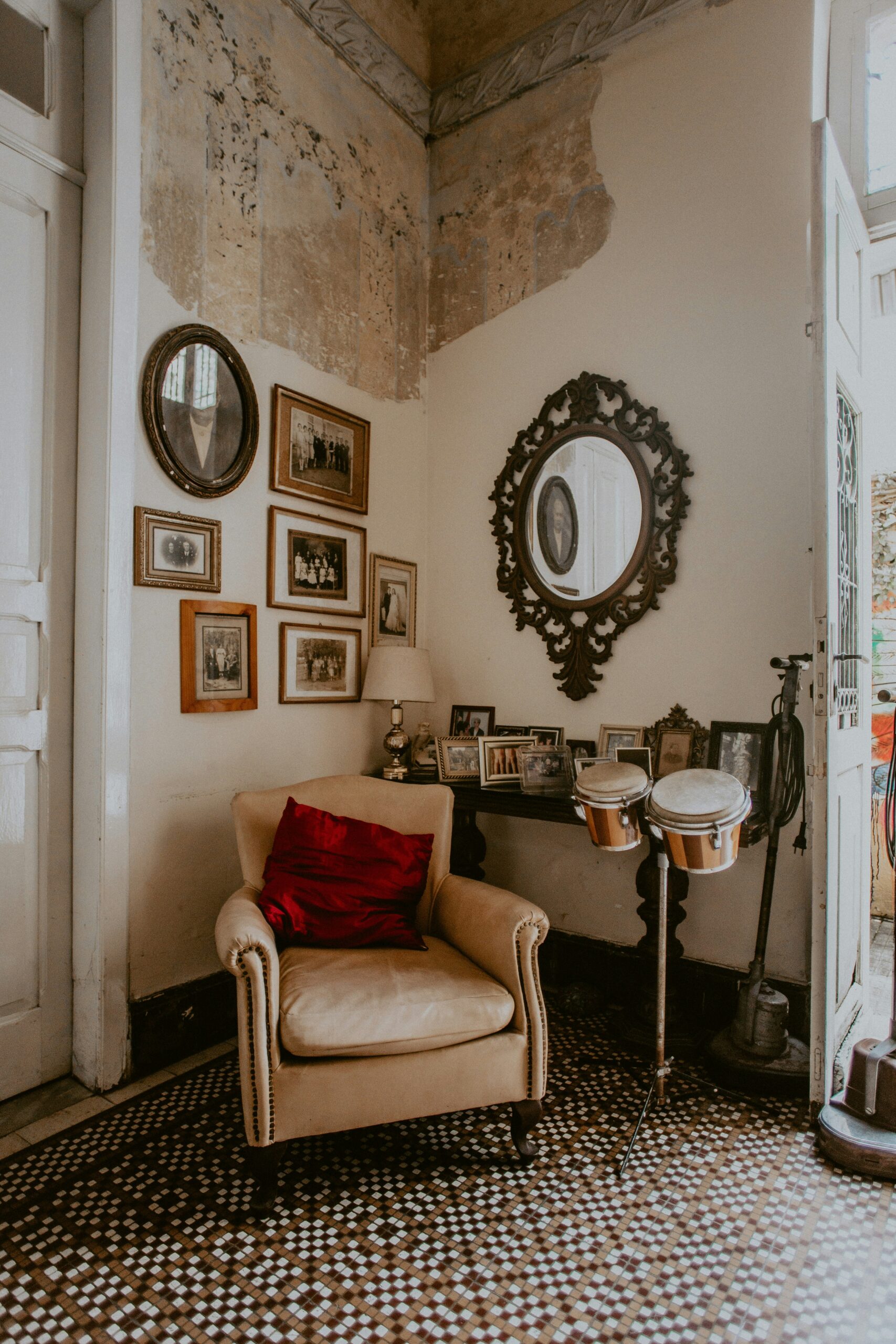In recent years, co-living has gained significant traction in Singapore, offering an innovative and practical solution to the city-state’s expensive and competitive housing market. With more young professionals, expatriates, and digital nomads moving to Singapore, the demand for affordable, flexible, and community-oriented living arrangements has surged. As a result, co-living spaces have become a popular alternative to traditional renting, providing residents with more than just a place to stay—they offer an enhanced living experience. But what is driving the rise of co-living in Singapore? Here are some key factors contributing to the trend.
Affordability in a High-Cost Market
One of the biggest drivers behind the rise of co-living in Singapore is the high cost of housing. Rent for private apartments, especially in central locations like the Central Business District (CBD) or Orchard Road, can be extremely expensive. For young professionals, students, or expatriates who may be just starting their careers or living in Singapore temporarily, private rentals can be financially unfeasible.
Co-living provides a more affordable alternative. By sharing communal areas such as kitchens, living rooms, and bathrooms, residents can enjoy lower monthly rent while still living in prime locations. Many co-living providers offer all-inclusive packages, which means utilities, high-speed internet, and even housekeeping services are included in the rent. This model reduces the financial burden of managing multiple bills and helps people stick to a budget, all while living close to work or other amenities.
Flexibility and Short-Term Leases
Traditional rentals in Singapore usually require tenants to sign a 12-month or even 24-month lease, making it difficult for those with temporary work assignments, students, or digital nomads to find suitable accommodation. For those who don’t want to commit to a long-term rental agreement, co-living offers the flexibility of shorter leases, often on a month-to-month basis. This is particularly appealing for people who are unsure about their long-term plans in Singapore or need a living arrangement that can adapt to their lifestyle.
The flexibility that co-living provides means residents aren’t locked into long-term commitments. Whether you’re staying in Singapore for a short-term project or simply want to test living in the city before making a permanent move, co-living gives you the freedom to adjust your living arrangements with ease.
Community and Networking Opportunities
Another major factor contributing to the popularity of co-living in Singapore is the sense of community it offers. Unlike traditional renting, where tenants often live in isolation, co-living spaces are designed to encourage interaction and foster a shared sense of belonging. Many co-living providers organize events, social gatherings, or professional networking opportunities for their residents. This sense of community is particularly attractive to expatriates and young professionals who are new to Singapore and may be seeking to make connections in both their personal and professional lives.
Co-living spaces also attract people from diverse backgrounds, creating a multicultural environment where residents can share experiences, ideas, and knowledge. For those new to Singapore, the opportunity to network with like-minded individuals from different industries or countries can be a huge advantage.
Convenience and Amenities
Co-living spaces often come fully furnished and equipped with modern amenities, saving residents time and money on purchasing furniture or arranging for utilities. Many co-living providers offer additional perks like high-speed internet, fully stocked kitchens, regular cleaning services, and even fitness areas or coworking spaces. These services, which are typically included in the rent, enhance the living experience and make day-to-day life more convenient for residents.
This all-in-one approach means residents can focus more on their work or social lives without worrying about managing multiple aspects of their living environment.
Conclusion
Co-living is more than just a trend in Singapore—it’s a response to the evolving needs of modern urban dwellers. The high cost of living, the need for flexibility, the desire for community, and the demand for convenience are all contributing factors to the rise of co-living in Singapore. As more people seek affordable, flexible, and socially enriching living environments, co-living is poised to become a lasting solution to the challenges of urban living in the city-state. Whether you’re a young professional, an expatriate, or someone looking to experience life in Singapore, co-living offers an exciting and innovative way to live in one of the world’s most dynamic cities.


